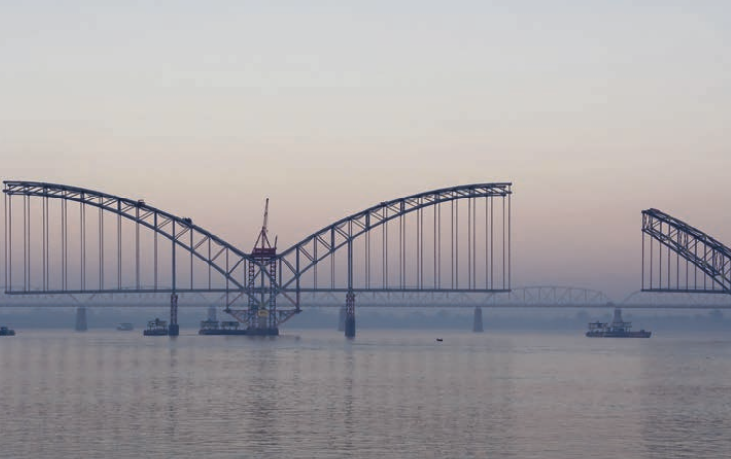The term ‘global infrastructure gap’ identifies the difference between infrastructure investment needed and the resources available to meet that need. In 2018 alone, the investment gap grew by over $400 billion USD and it is set to grow to a staggering $14 trillion by 2040.
Such a shortfall poses a significant risk to social wellbeing, with basic infrastructure such as hospitals, flood defences and water sanitary systems simply not being built in many cases.
Public spending is central to infrastructure planning and investment, and is core to closing this gap. As such, public money has to be accounted for with expertise, transparency and professionalism.
ACCA, the global body for professional accountants, recently published a report looking at how accountants can bridge the global infrastructure gap. The report explores how accountants play a critical role in closing the gap by improving the selection, financing and delivery of infrastructure projects. Whilst arguably not a ground-breaking finding, what follows this provides a sobering read for politicians and policymakers.
The research, supported by a survey of over 3,600 finance professionals across 118 countries, found that corruption was in the top three global barriers of meeting infrastructure needs. Corruption was cited as the number one barrier in Africa, Central and Eastern Europe, the Caribbean, and South Asia.
Such a finding clearly highlights the need for anti-corruption measures in infrastructure planning, development and delivery. This echoes a very similar finding from a piece of research recently conducted by Transparency International. Both organisations have called for G20 leaders to collectively prioritise anti- corruption as efforts are made to bridge the global infrastructure gap. As a minimum leaders must put in place transparent and effective anti-corruption measures, professionalise public finance functions, and enact effective whistle- blowing legislation.
The public finance point is an important one. Public spending is central to infrastructure planning and investment, and is core to closing the funding gap. As such, public money has to be accounted for with expertise, transparency and professionalism. Often the weak spots for corruption lay within governments and their departments. It is therefore vital that public servants are professionalised and given the power to challenge unethical behaviour that can could disrupt or provide a fatal blow to infrastructure projects.
ACCA believes these concerns need to be addressed at national and global levels, and that the recommendations from global professional bodies with members at the coalface need to be incorporated into policy-making initiatives as a matter of urgency.
We owe it to taxpayers and the future generations, who will be the beneficiaries of a closed infrastructure gap, to ensure public investment provides good value for money, is accounted for appropriately, and that employees working on infrastructure projects are protected if they whistle blow. Ultimately, this is about protecting the public interest and providing the foundation for a prosperous future.
You can find out more about how accountants can bridge the global infrastructure gap here












